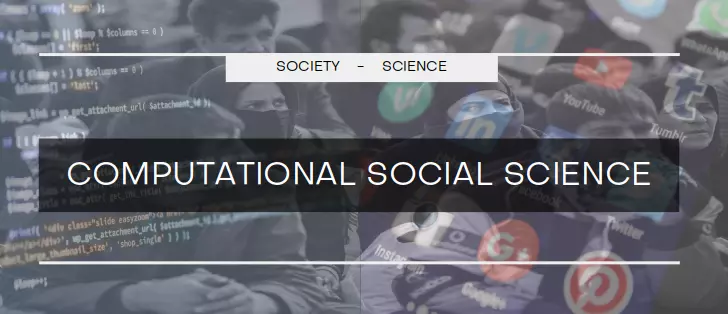
Computational Social Science
A course on generating new insights from data in the new age.
Description
Computational Social Science (CSS) is a rapidly growing field that deals with topics on various topics on social issues and related methodologies for analysis (network analysis, text analysis, etc.). This field has seen interest from various disciplines during 2010-20, especially after the publication of a visionary paper in the Science.
Social issues have always existed. However, the era of big data has provided several data sources and computational power to extract insights on social issues. In addition, digital platforms have also raised several issues that were previously not prominent -- like misinformation spread, privacy, and others. The interesting aspect of such new issues is that they are not only of "digital" concern, but also they relate very meaningfully to the ways societies behave.
This course is designed for those who are interested in gaining a deeper understanding of traditional and contemporary social issues. Methods employed for analysis include agent based simulations, network analysis, text analysis, and other forms of (large scale) computations. Prior knowledge in various methods is always helpful, but not a prerequisite. This is not a course on any specific method. However, we will be implementing several methods during the course. All resources will be provided as a part of the course.
We will cover several broad themes including social networks, information, and media. We will see various topics like social influence, information propagation, fake news, media and communication, migration, environmental communication, epidemiology, and others.
Learning Objective
At the end of this course, students interested in research will be able to understand the current academic literature much better. You will be able to collect data from various sources and perform analysis very efficiently. You will be able to formulate your research questions better, and come up with plausible solutions.